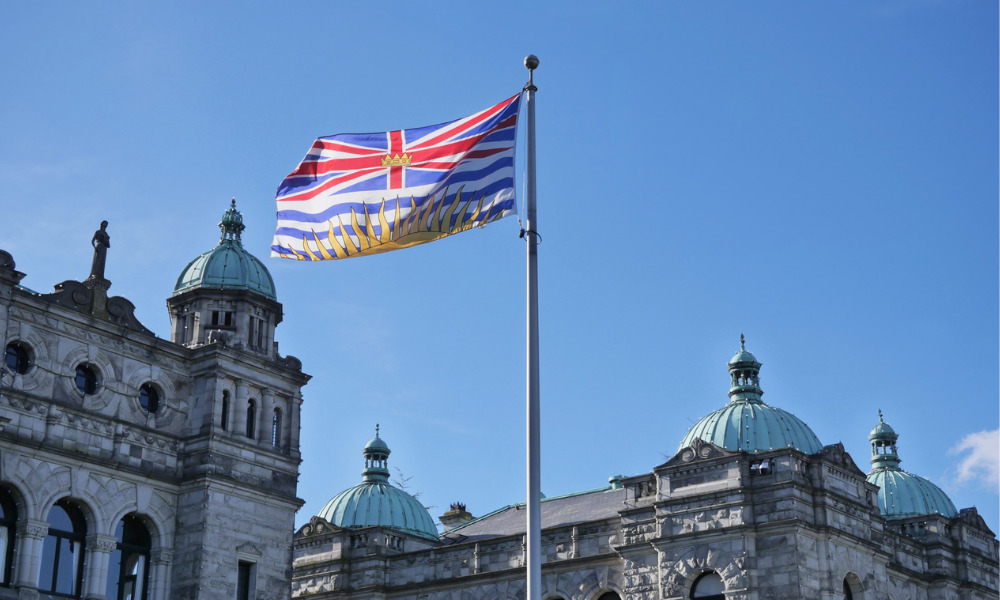Do the actions of Crown prosecutors count as services under the Ontario Human Rights Code?
That was a key question in the recent case Maula v. Ontario (Attorney General) before the Human Rights Tribunal of Ontario.
The matter stemmed from a Highway Traffic Act prosecution against Aziz Maula. According to the ruling, Maula said there was no interpreter available when he showed up for court. His agent then requested a withdrawal, which the Crown refused. While Maula claimed the court had allowed withdrawals when an interpreter failed to show up in other cases, the justice of the peace declined to do so and ordered instead an adjournment so the matter could proceed later.
The HRTO moved to dismiss Maula’s subsequent discrimination case given that it appeared to invoke the notion of judicial immunity and that it was challenging the decision of an adjudicative process. Maula responded that he was instead alleging discrimination based on “the court procedure and process.”
In its ruling, the HRTO also considered how the Human Rights Code applies to Crown prosecutors exercising their duties. “The tribunal has held that the actions of prosecutors in the course of carrying out their duties are not ‘services’ within the meaning of s. 1 of the code and are not subject to the code because of prosecutorial immunity,” HRTO vice chairman Ian Mackenzie wrote in his decision.
Noting that Aziz’s allegations related to the Crown’s refusal to withdraw the charge, Mackenzie dismissed the case. “The discretion of a Crown prosecutor to withdraw a charge is one of the core elements of prosecutorial discretion,” he wrote.
That was a key question in the recent case Maula v. Ontario (Attorney General) before the Human Rights Tribunal of Ontario.
The matter stemmed from a Highway Traffic Act prosecution against Aziz Maula. According to the ruling, Maula said there was no interpreter available when he showed up for court. His agent then requested a withdrawal, which the Crown refused. While Maula claimed the court had allowed withdrawals when an interpreter failed to show up in other cases, the justice of the peace declined to do so and ordered instead an adjournment so the matter could proceed later.
The HRTO moved to dismiss Maula’s subsequent discrimination case given that it appeared to invoke the notion of judicial immunity and that it was challenging the decision of an adjudicative process. Maula responded that he was instead alleging discrimination based on “the court procedure and process.”
In its ruling, the HRTO also considered how the Human Rights Code applies to Crown prosecutors exercising their duties. “The tribunal has held that the actions of prosecutors in the course of carrying out their duties are not ‘services’ within the meaning of s. 1 of the code and are not subject to the code because of prosecutorial immunity,” HRTO vice chairman Ian Mackenzie wrote in his decision.
Noting that Aziz’s allegations related to the Crown’s refusal to withdraw the charge, Mackenzie dismissed the case. “The discretion of a Crown prosecutor to withdraw a charge is one of the core elements of prosecutorial discretion,” he wrote.







